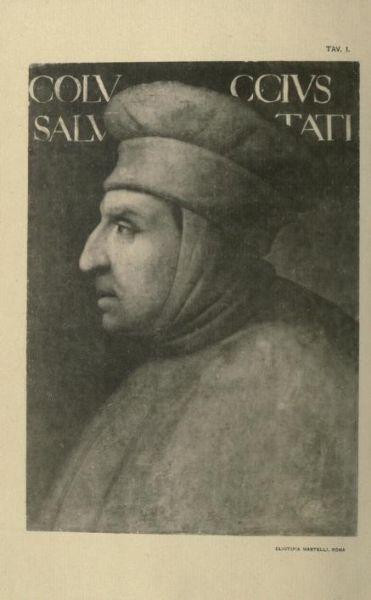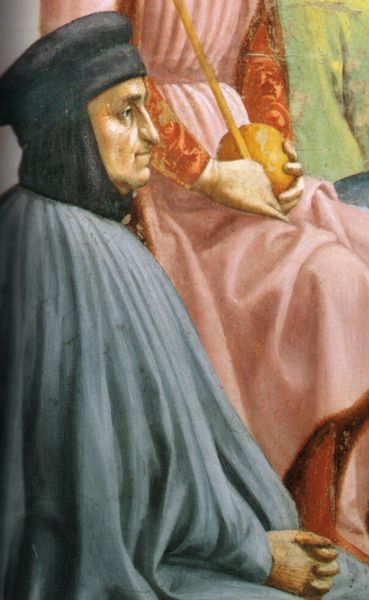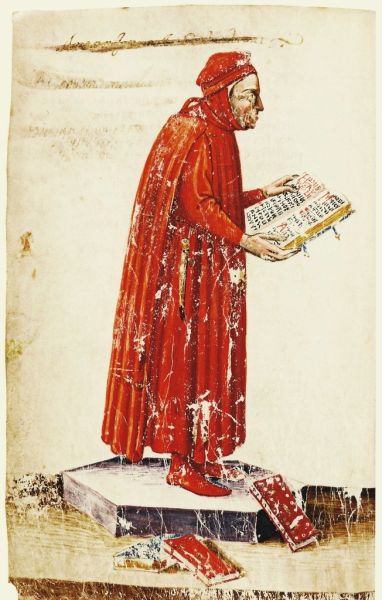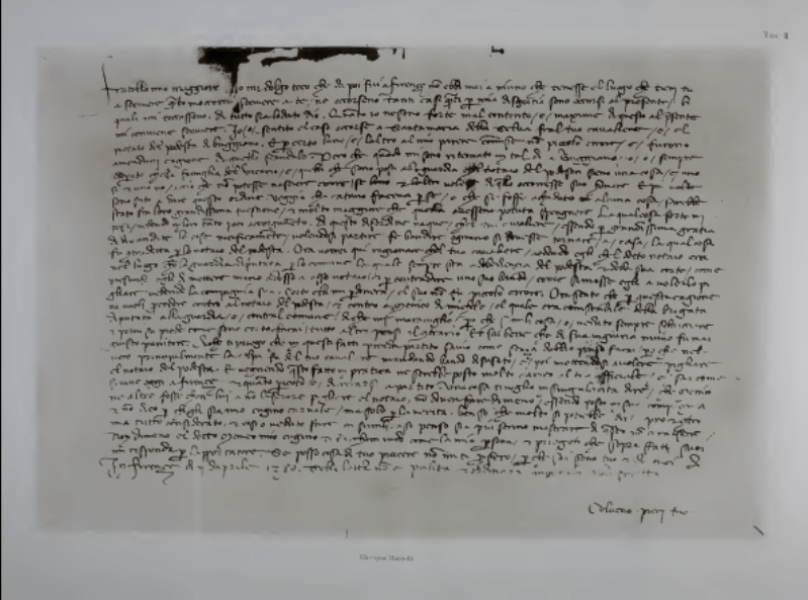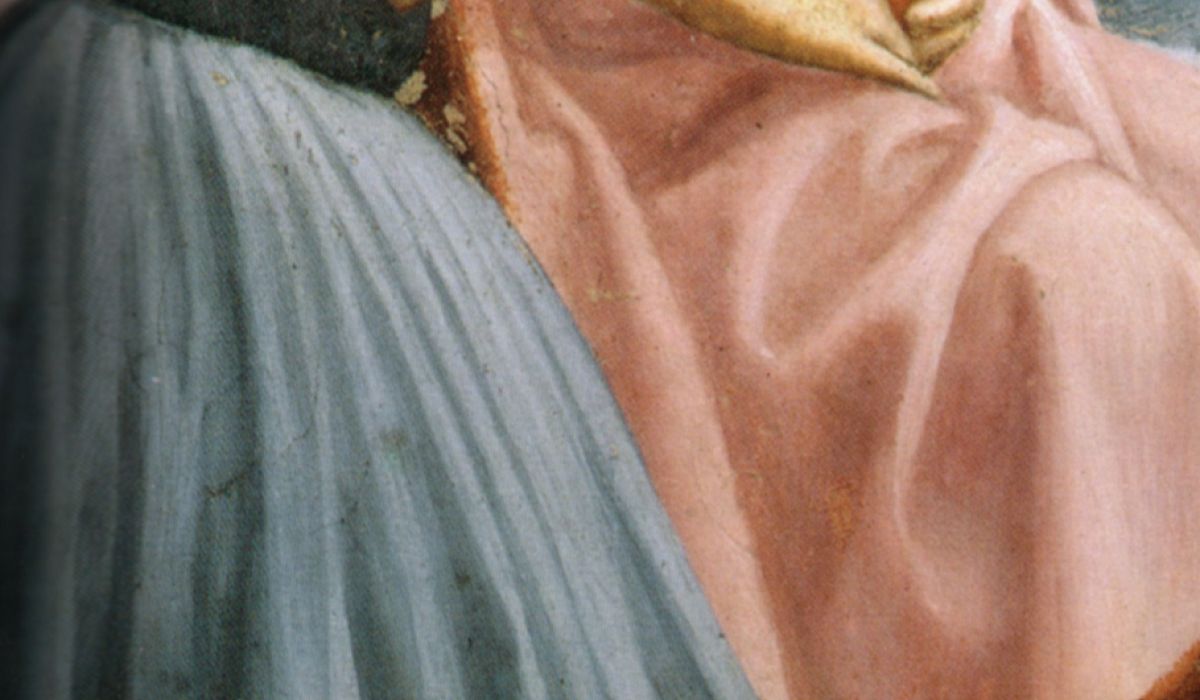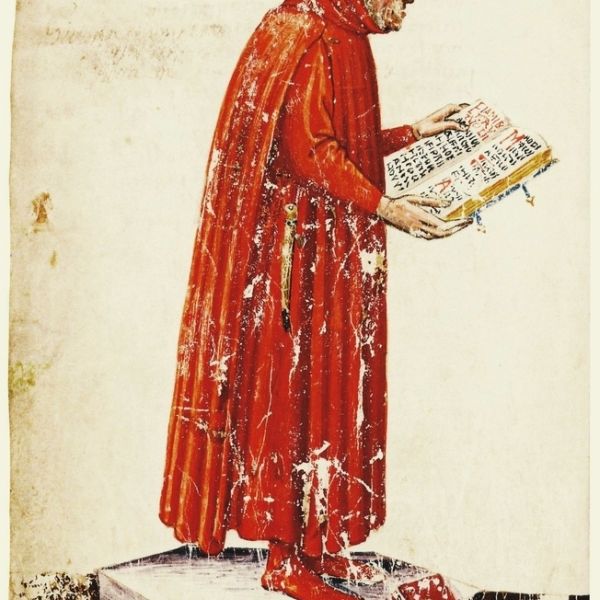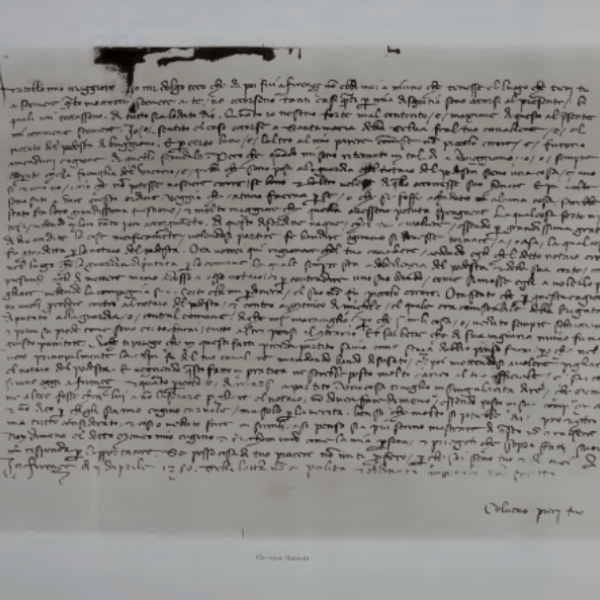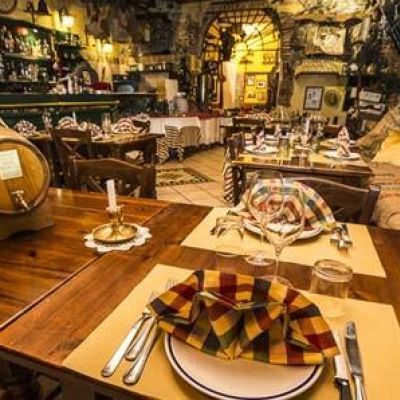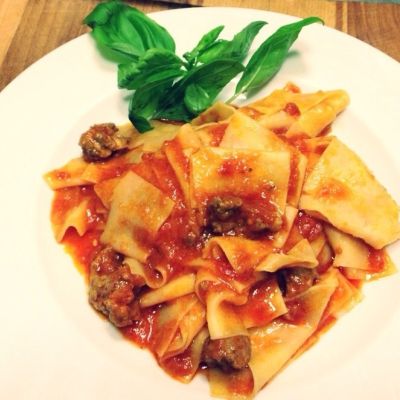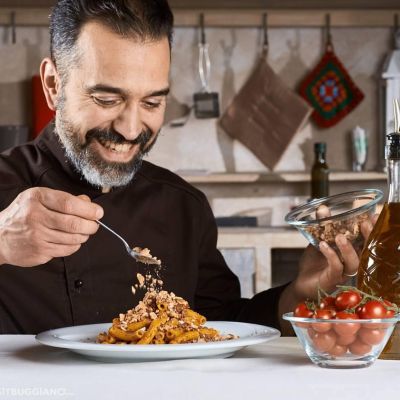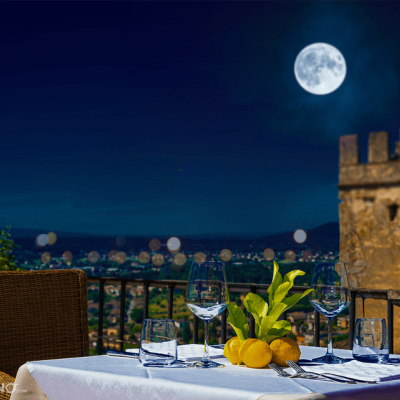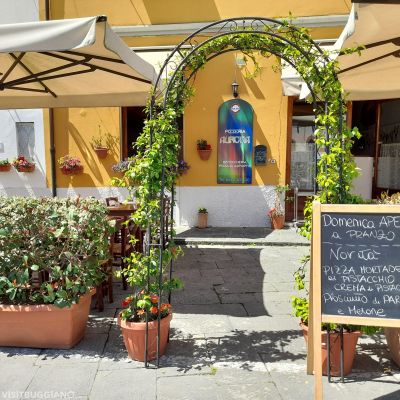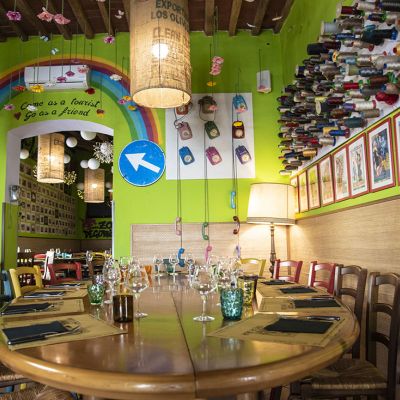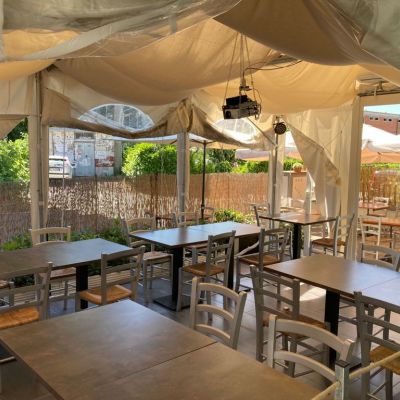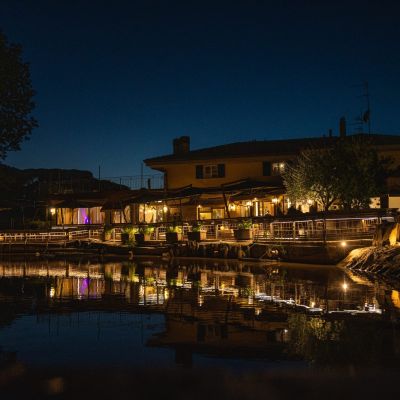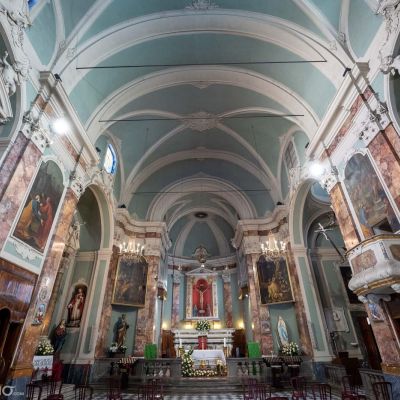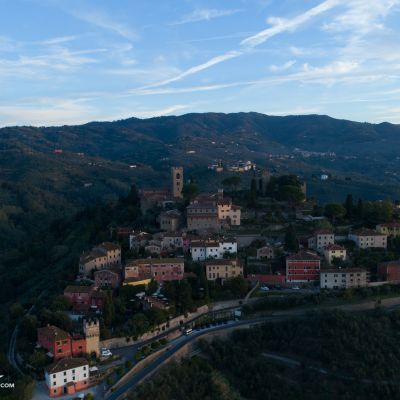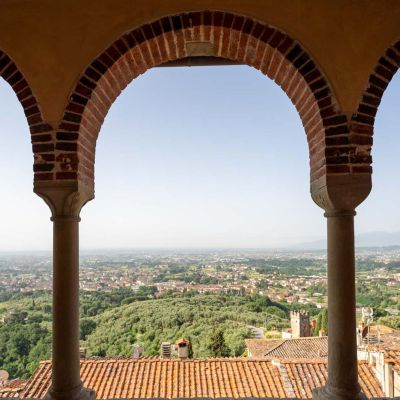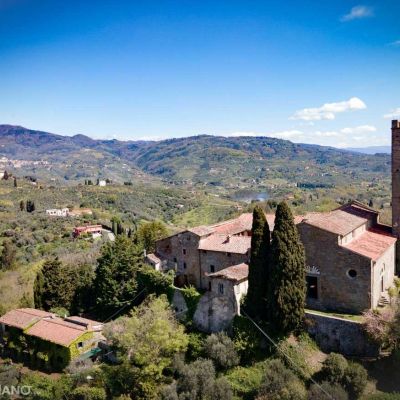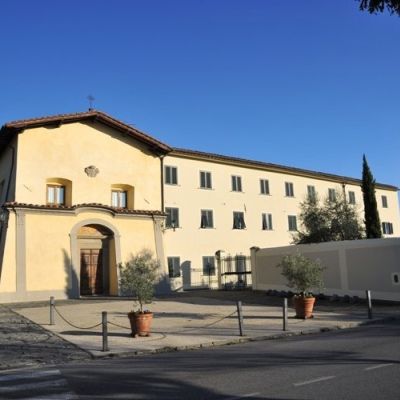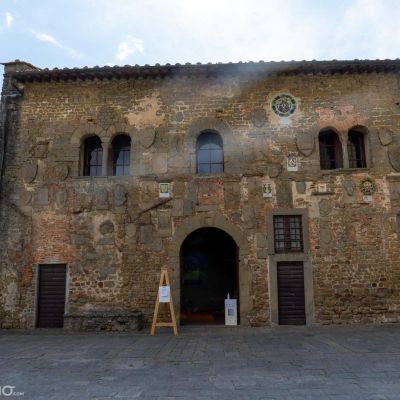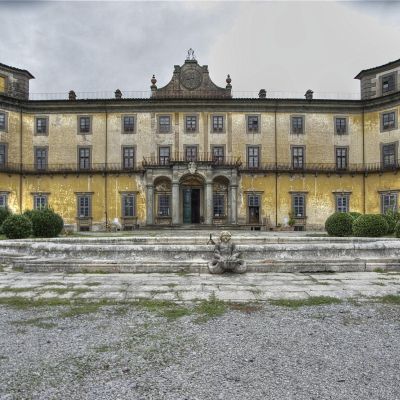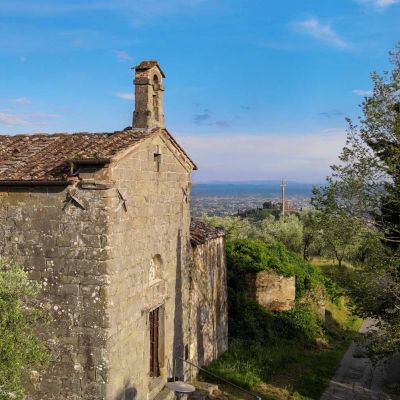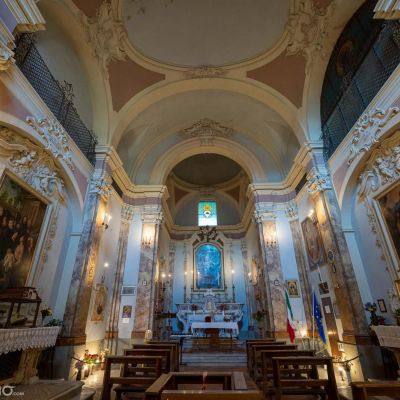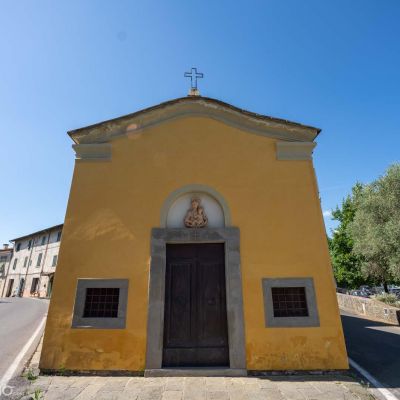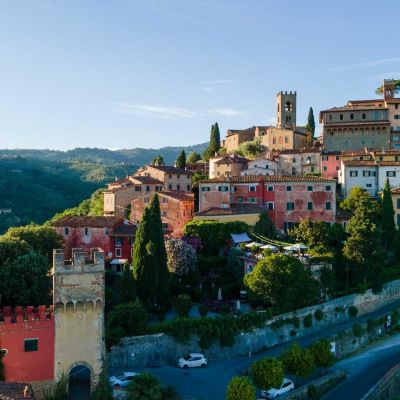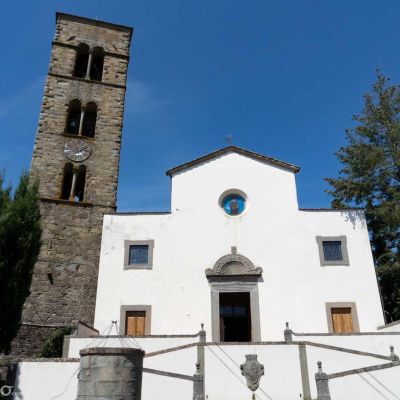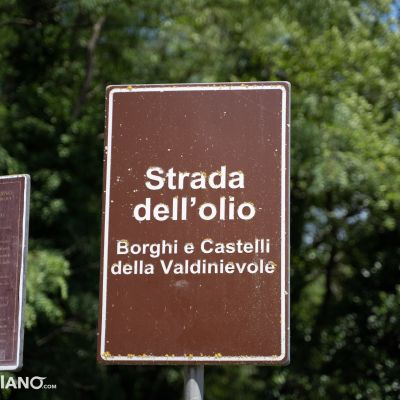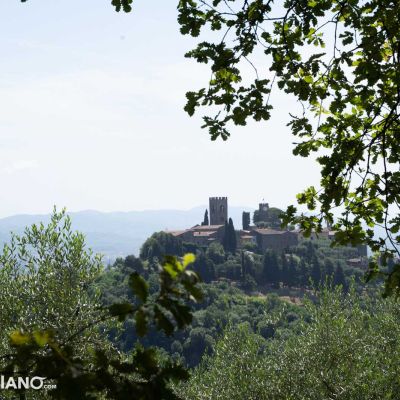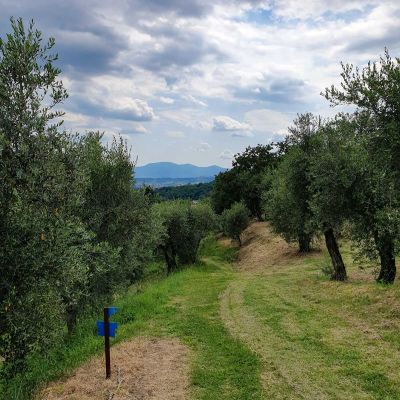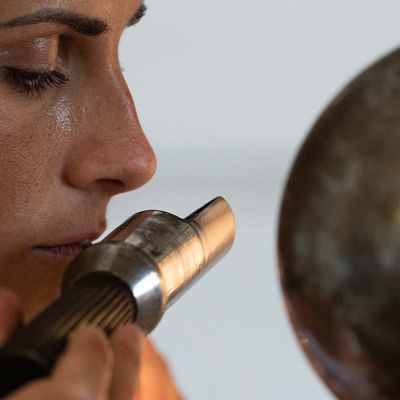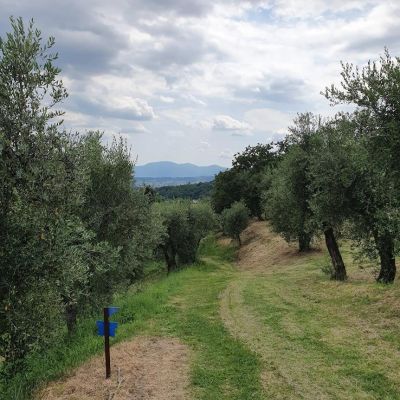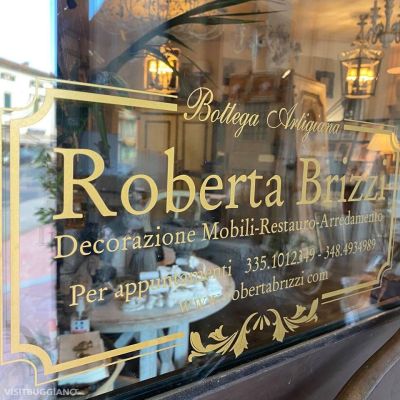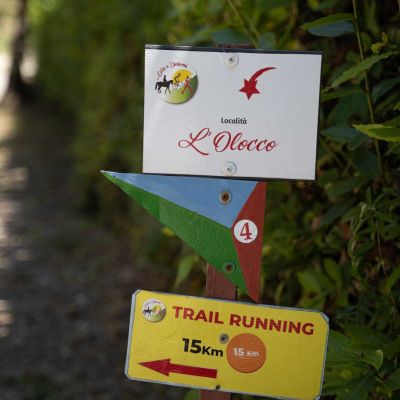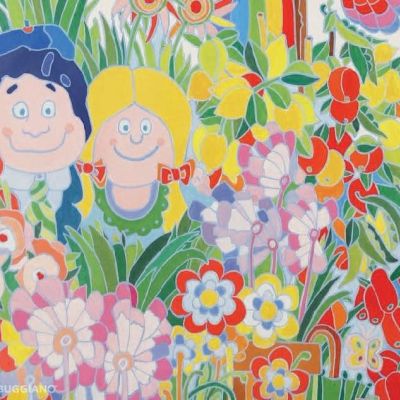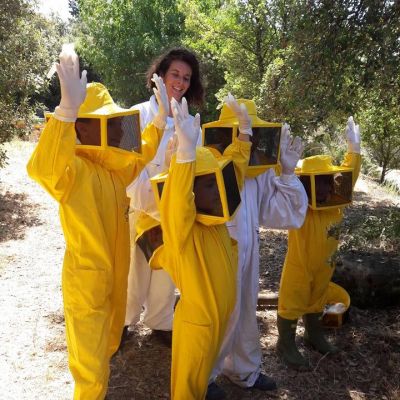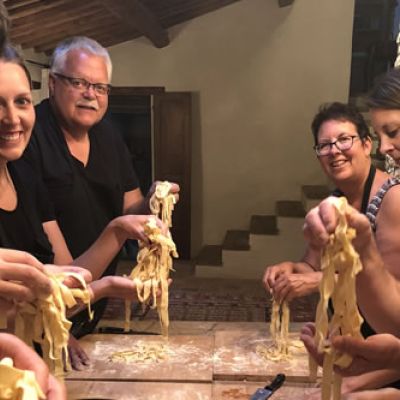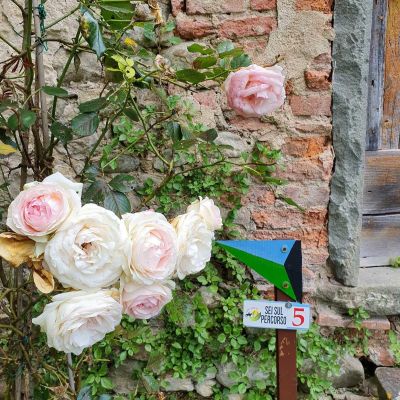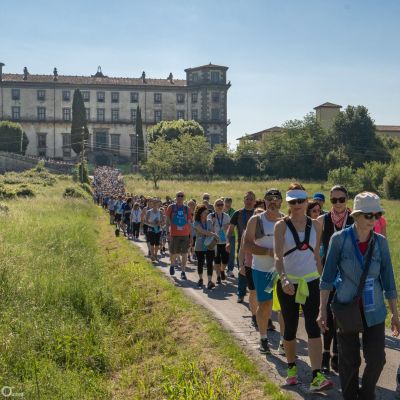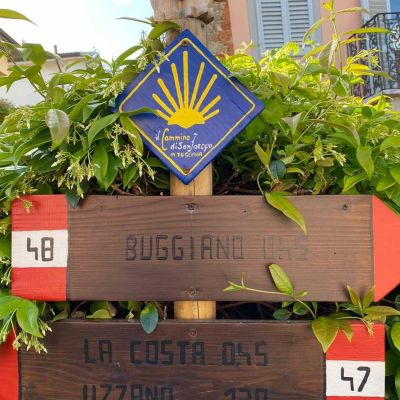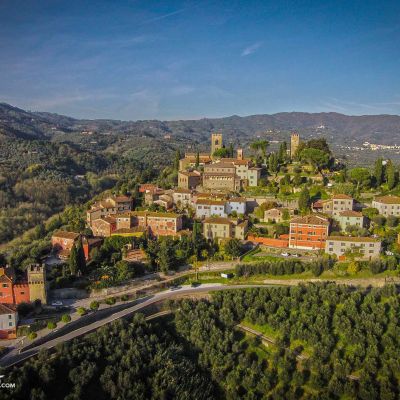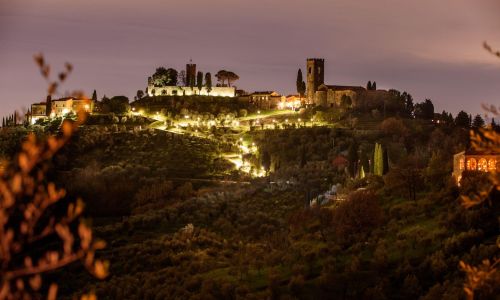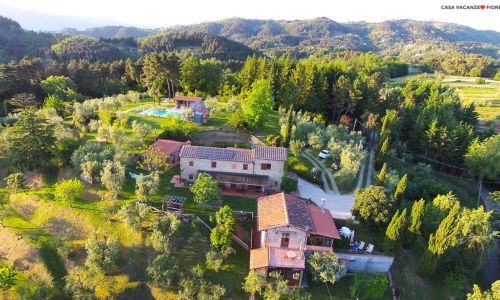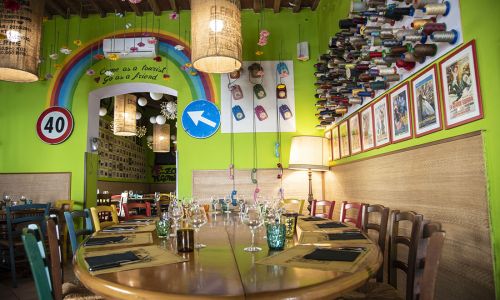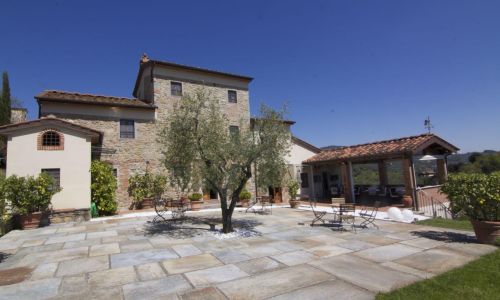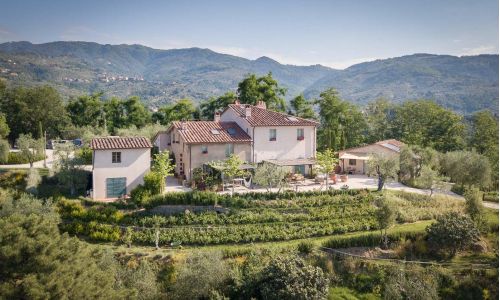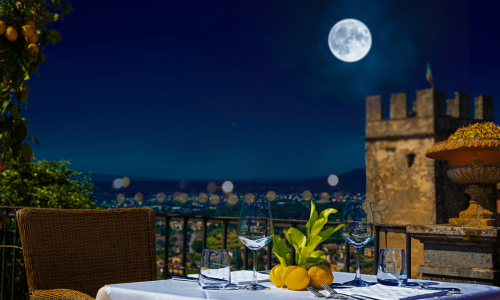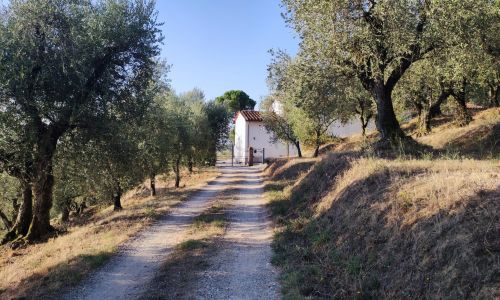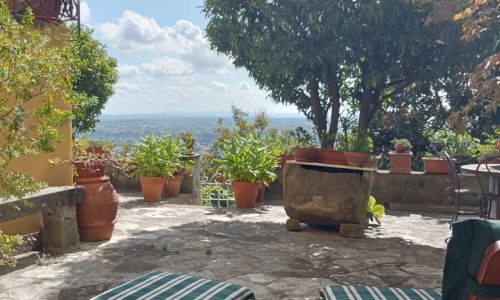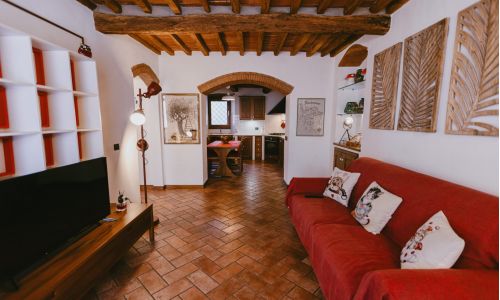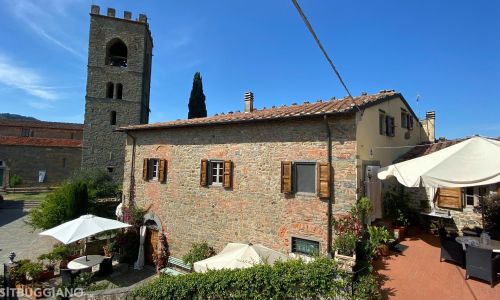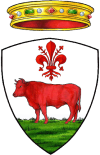Coluccio Salutati he was an Italian politician and scholar, a cultural figure of reference during the Renaissance in Florence.
In the characteristic square of Stignano is still visible his birthplace, where he lived his childhood before moving to Bologna.
He returned to Stignano in 1351 in the years to come and worked as a notary in nearby Uzzano and Vellano. In 1366 he married a local woman.
He studied notaries and travelled in many Italian cities, until in 1374 he arrived in Florence. Here he was appointed Chancellor of Florence, the most important office in the bureaucracy of the Florentine Republic that he held until his death.
He saved Florence from the conquest of the Duke of Milan Gian Galeazzo Visconti, resisting with the Florentines a struggle lasting 12 years.
But his cultural merits outweighed his political ones.
He invested many of his personal resources in the creation of a very rich library, very large for the time.
He loved to write and was an expert orator drawing heavily from classical literature.
His passion, especially for pagan literature, and his deep lay and earthly conviction of man made him disapprove of the Catholic Church.
He was the animator of the Circolo dello Spirito Santo, seat of debate and conference among the Florentine scholars, and had a great admiration for intellectuals such as Dante Alighieri, Francesco Petrarca and Giovanni Boccaccio, who considered worthy of esteem as the classical authors.
His thought represented in the cultural context of the time an important role in the transition between the Middle Ages and the Renaissance.
In the course of his classical studies he was the author of an extraordinary innovation: he replaced the (unclear) Gothic writing with the most legible lowercase writing similar to modern printing characters. He thought it was a Roman script, although in reality it was the one used at the court of Charlemagne. However, this change was fundamental in the age of the printing press.
Among his most important works, the Epistolario. He deals with various topics, from which emerges a strong attachment to his city and freedom, according to him, to be defended at the cost of death.
Saluti defended “that divine gift called freedom”, which in Florence had become flesh and blood of political institutions.
From his classical studies Coluccio learned “the art of living well and talking well” and perhaps “did not move from the native hills that he loved to travel, weaving among the olive trees and chestnut trees on the banks of the Standipesce (Cessana torrent) his eglogues” (from A. Michelotti “Antichi Castelli della Valdinievole”).
